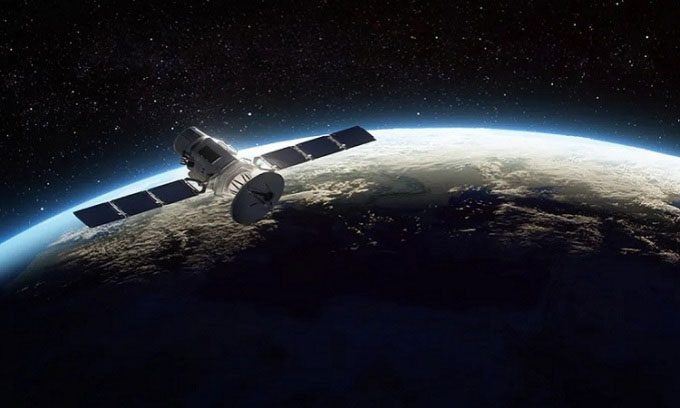IVO Ltd, based in North Dakota, is a leading developer of wireless energy technology. In June 2023, the company launched its electric propulsion system for satellites for the first time.

IVO’s propulsion system will eliminate the need for refueling satellites. (Photo: iStock)
The IVO Quantum Drive System will be launched on SpaceX’s Falcon 9 rocket during the Transporter 8 mission. IVO aims to successfully test the satellite propulsion system in low Earth orbit, paving the way for the commercialization of this technology.
Since its establishment in 2017, IVO has developed wireless power transmission technology called Capacitive Based Aerial Transmission (CBAT). This wireless technology allows operators to reduce battery sizes by 50%. To address the significant carbon emissions from the space industry, IVO has also created an all-electric propulsion system for spacecraft. Their efforts culminated in the development of the IVO Quantum Drive.
According to IVO, the new propulsion system is significantly more efficient than conventional rocket systems. The IVO Quantum Drive can provide a thrust of 52 milli-Newtons (mN) per watt of electricity. The energy comes from battery storage and solar power. This represents a major advancement compared to Hall effect thrusters, also known as ion engines. Ion engines can achieve a thrust of 25 to 250 mN but operate at a lower energy efficiency (65-80%) and require more power, typically ranging from 1 to 7 kilowatts (kW).
Weighing approximately 300 grams, the IVO Quantum Drive is also much lighter than ion engines, which weigh around 200 kg. By utilizing this method, IVO’s engine does not require refueling or leaving orbit due to depleted fuel, as it harnesses the infinite energy from the Sun.
The IVO Quantum Drive has been successfully tested in a vacuum chamber on Earth and is preparing for launch into orbit. There, it will be deployed on a Rogue Space Systems satellite for its first major test in space. “The compact size and immense capabilities of the Quantum Drive will enable us to develop cost-effective, fuel-independent, flexible, ultra-lightweight, and highly efficient spacecraft,” shared Brent Abbott, the business director of Rogue Space Systems.


















































